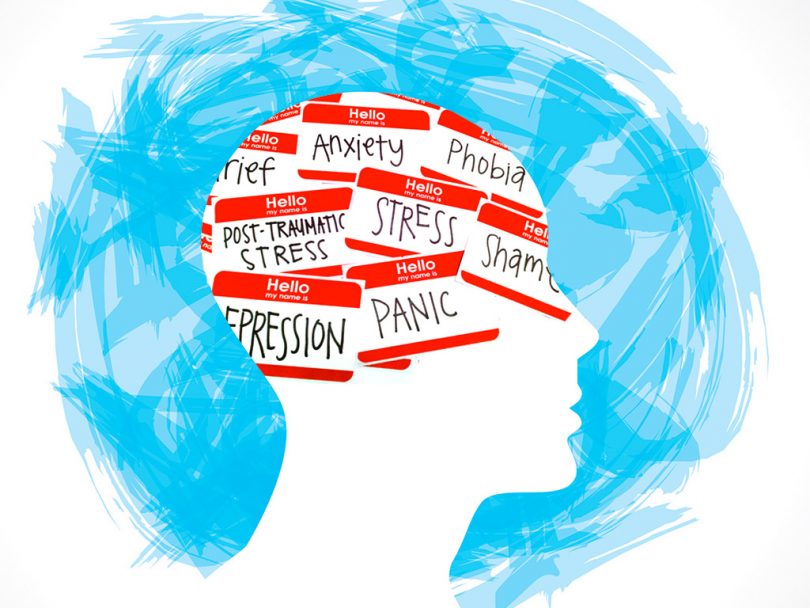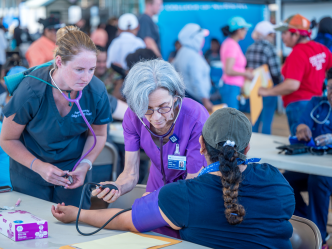According to the American Cancer Society, over 1.7 million new cancer cases are expected this year, and while the cancer fight can be taxing on a person’s body physically, it is also important for patients to be proactive with their mental health.
“A diagnosis of cancer can bring with it, feelings of anger, shock, sadness and uncertainty,” said Dr. Amy Allison, director of the Psycho-Social Oncology Program at the Georgia Cancer Center at Augusta University. “Learning they have cancer can cause people to shut down mentally, but accepting the diagnosis, working through the emotions and knowing where to find help can make a difference.”
If you’re unsure where to start, Allison offers these five strategies to help patients cope with their cancer diagnosis more effectively:
- Get the facts. In the age of WebMD, Wikipedia, and thousands of other internet websites, diving into the world of cancer can be overwhelming. This is why Allison recommended patients use accurate and reliable sources. Patients need to talk with their oncologist to see which websites they recommend.
“When you get information, discuss it with your health care team,” Allison said. “Remember, general information cannot take the place of medical advice from your doctor.”
- Plan ahead. Knowing what to expect and establishing a plan to deal with each issue is helpful. Patients should work with their physician and their family to map out the best treatment plan for their individual needs. Allison recommends writing down any questions you have, so you don’t forget them the next time a person sees their doctor.
“Ask a trusted friend or family member to come with you to your first few appointments,” Allison said. “They can help take notes and remember what was said.”
- Maintain a healthy lifestyle. Good nutrition is vital before, during and after treatment. A healthy diet is necessary to keep your body functioning at its best. High-calorie, high-protein foods are suggested to help build up strength, particularly for cancer patients going through treatment. Physical activity is important, too. Research suggests that exercise, even a short walk or light stretching at home, can help you not only cope but live longer.
“Nutritionists are a part of our Psycho-Social Oncology Service,” Allison said. “They specialize in helping the needs of people as they are going through treatment and can help individuals struggling with nausea or loss of appetite.”
- Develop a support system. A new cancer diagnosis can make a person feel alienated from family and friends. But, a patient’s family and friends can provide important support, including making meals, providing transportation and babysitting kids.
“It may help to talk with people who have been in your situation,” Allison said. “Other cancer survivors can share perspectives and relate to what you are going through. You can connect with other cancer survivors through support groups.
- Know when to get help. Cancer takes an emotional toll on the whole family, and many people find that the burden of cancer can result in depression, anxiety, fear and difficulty functioning as you did before cancer. It is important to recognize when you or your loved one might need the help of a professional to get through this difficult time.
“Seeking help is not a sign of weakness; it’s a sign of wisdom,” Allison said. “It is important for every person and every family member to know they are not alone.”
Finding out you have cancer can be devastating, but don’t let it consume you. Take steps to cope and conquer. The Georgia Cancer Center has a team with nurse navigators, pastoral care providers, social workers, music therapists and others ready to offer you a caring, helpful hand during your fight.
 Augusta University
Augusta University





